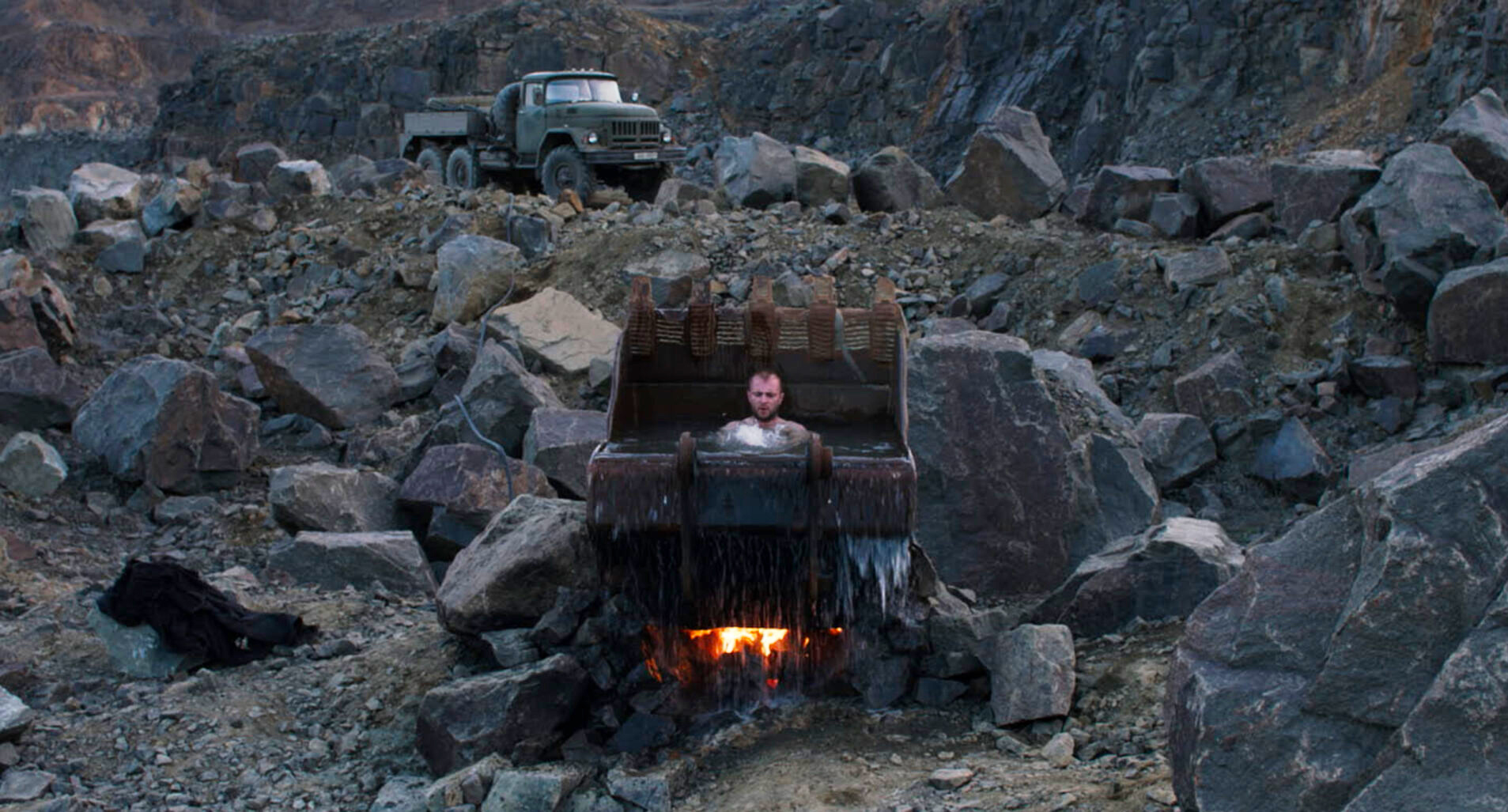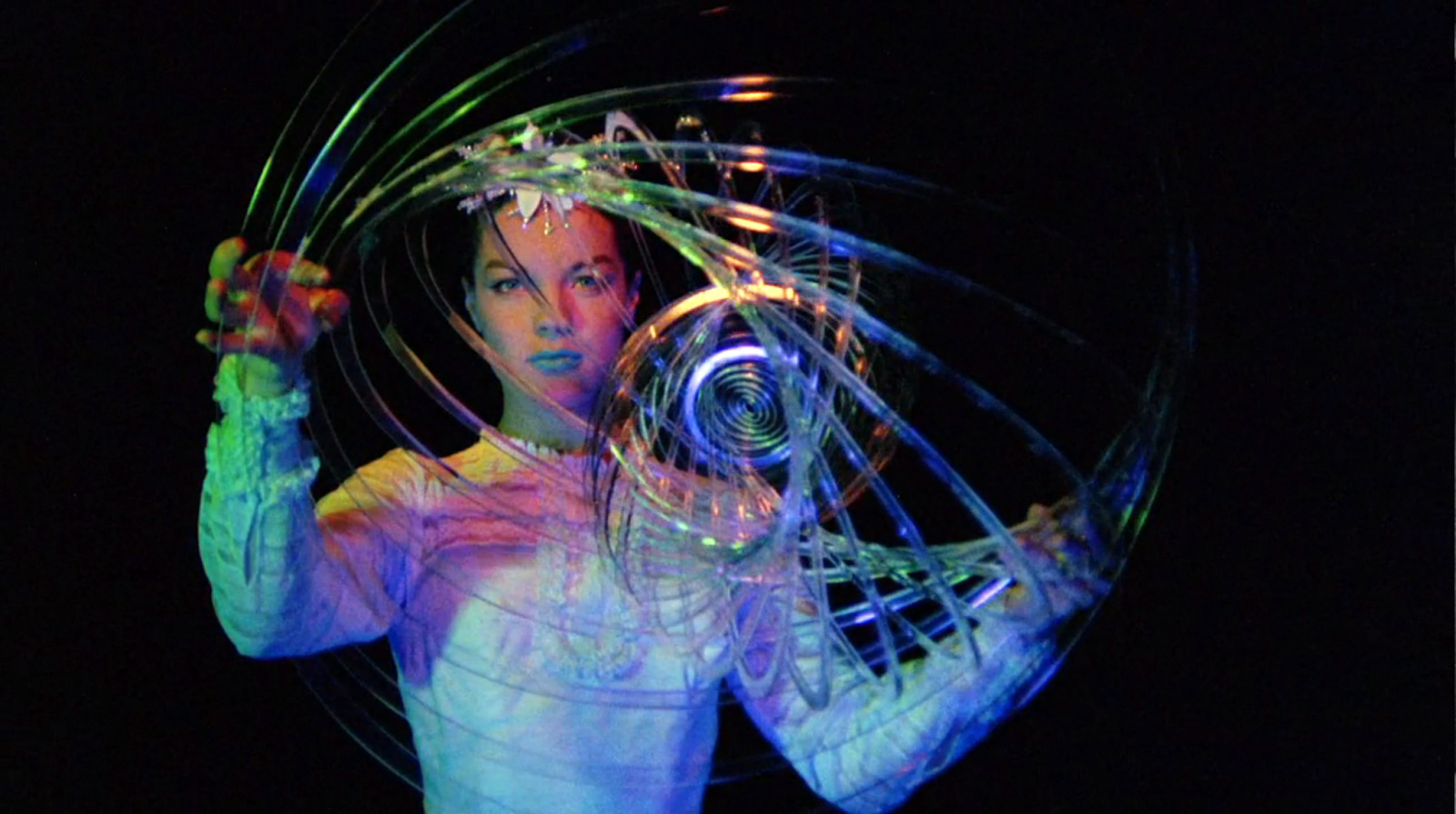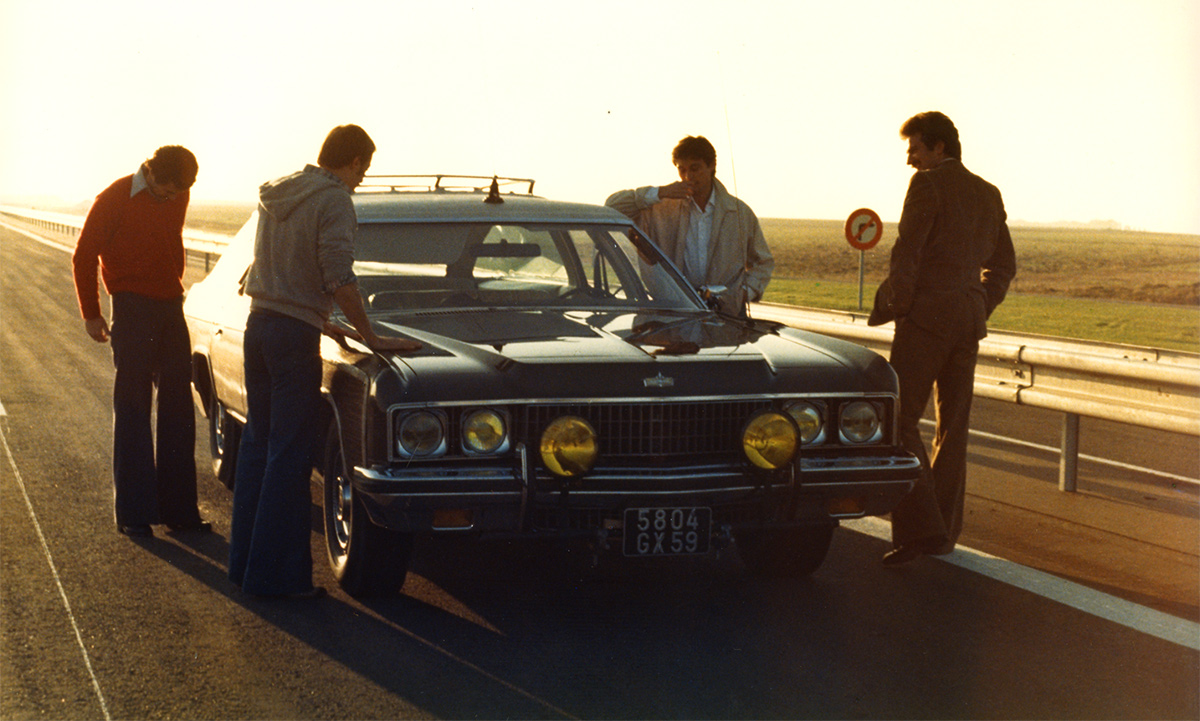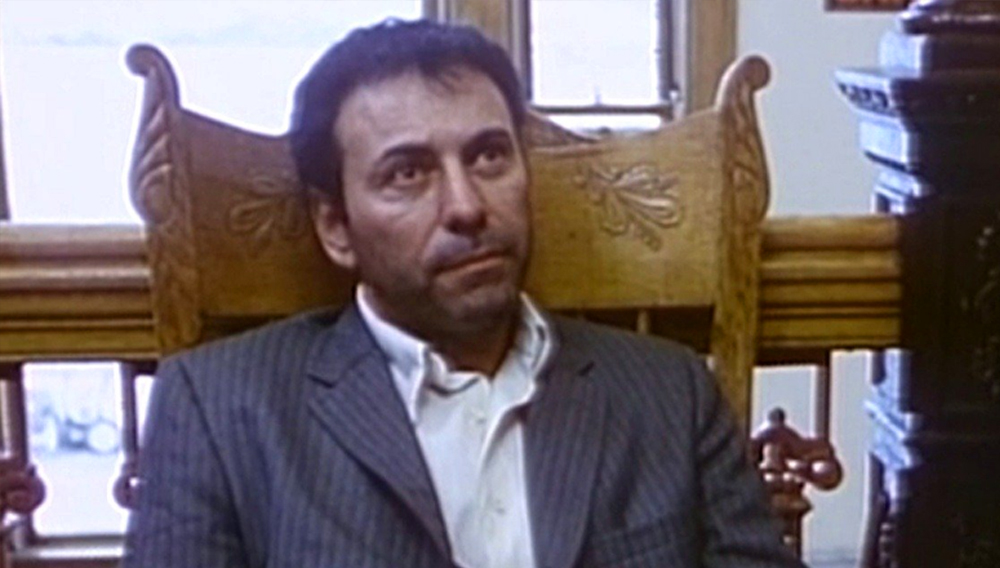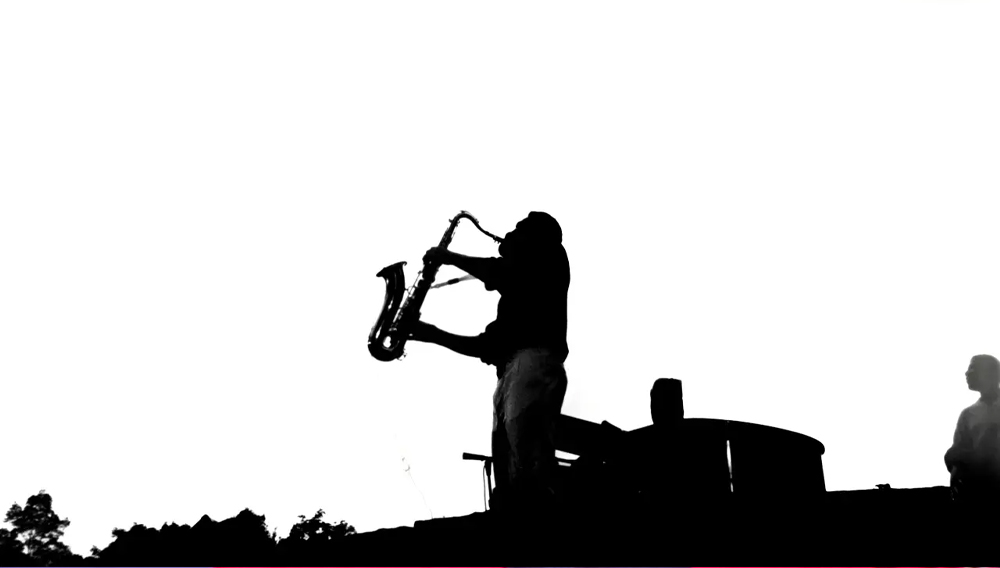Chalk it up to sheer coincidence that the 49th New York Film Festival should feature a pair of films – Asghar Farhadi’s A Separation and Roman Polanski’s Carnage – in which two married couples, divided and opposed only in part by class and political profile, nearly (or not so nearly) come to blows consequent to an over-in-an-instant event that’s gradually, through layering and reframing and revelations and concealments, transformed into an all-consuming singularity.
Especially unavoidable over the course of three-plus-films-every-day festivals, movies lend themselves to snap judgments based on their fundamental building blocks, rather than any nuanced treatment they may receive in their construction. Viewers and critics alike often reach a verdict on a film based on its conceptual nature, or its logline, surrendering to the temptation to watch the film itself with eyes wide shut. On a sidewalk near Lincoln Center, a mesh of familiar and friendly parties exchanged brief, inconsequential words about Carnage and how well it fared on the scale of “cinematic,” i.e. it absolutely was or it absolutely wasn’t. The conversation scarcely could be said to approach the ten-minute mark, but in the frame of headstrong cinephilia, it’s like you’re at a party with wine and cheese and crackers and someone brings out the cocaine.
In the days and blog entries and Twitter fray that followed, the impromptu sidewalk chat became a Thing, in the mountain-from-molehill fashion – a tempest that, appropriately, can be walked directly back either to Polanski or Farhadi’s film, or just the phony line in the sand that is supposed to keep them in their proper place. A Separation, which wiped the prize table clean at this year’s Berlinale, is deceptively cinematic, its restless camerawork and “separation” motif providing ample cover to what Mike D’Angelo has surmised to be “a writer’s movie.” Carnage is resolutely theatrical in almost every way except the ways that it isn’t. That, as Yossarian once said, is the catch. One is cinematic, the other isn’t – guessing which one is a game of Three-card Monte that ducks a greater truth, that they’re both cinema.
Almost as if foretold by the double-sided justice found in both Farhadi and Polanski’s films, everyone who’s chosen to weigh in on the ongoing debates is kinda right and kinda wrong. Both films, pretty distant from one another stylistically, are the work of canny architects. Only furtively concerned with the marital divide of its title, and only ostensibly about The Event that comes to mean Everything and Nothing, A Separation is a beautiful object, each scene seeming to contain the entire film, the entire film seeming to speak in different tones through each scene. Farhadi seems to orchestrate the audience’s response towards things and away from them, often simultaneously.
Farhadi explores the theme of separation almost relentlessly, both visually (you cannot miss the infinite number of physical separators, from window panes to busy intersections) and narratively (arguably in a greater quantity of pivot points and elisions). What’s most enjoyable about Farhadi’s nimble construction is the way these two layers don’t require a point-to-point, this-means-this interpretation, but exist as freely-spinning flywheels, a dodecahedron of perspectives and sympathies, eventually coming to rest on a moment that, crucially, involves the gentlest, but most implacable resistance to separation.




